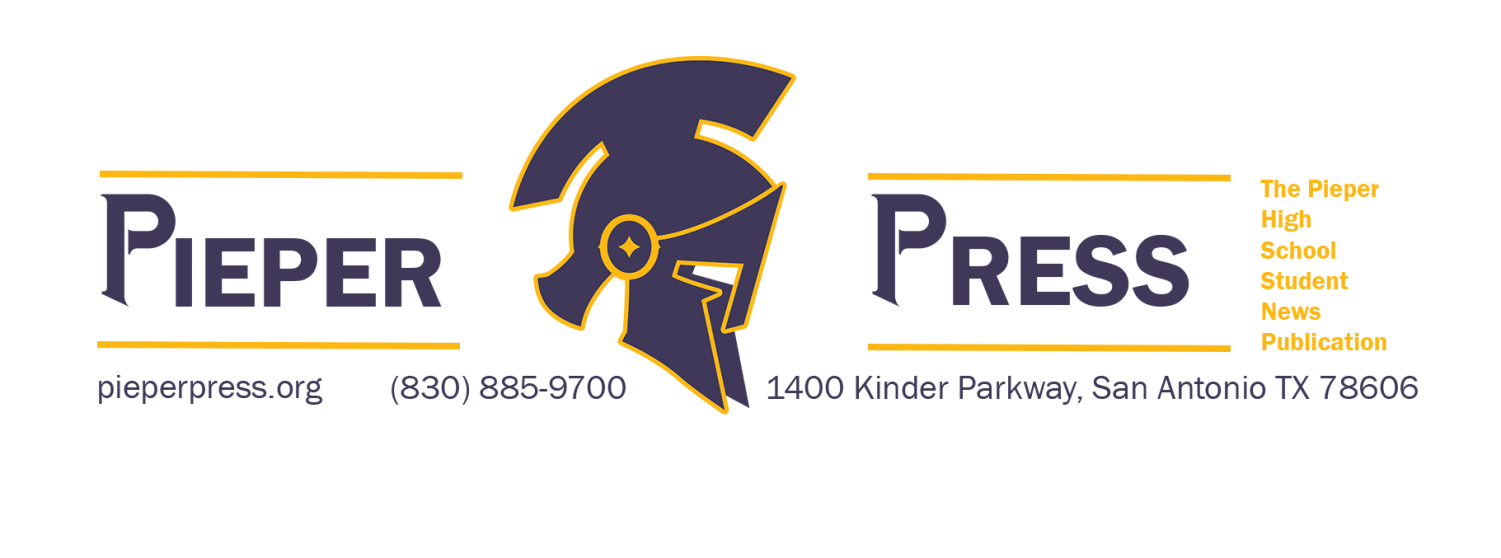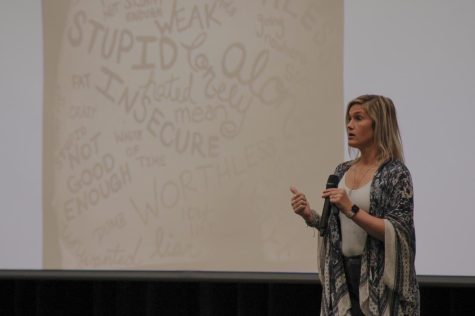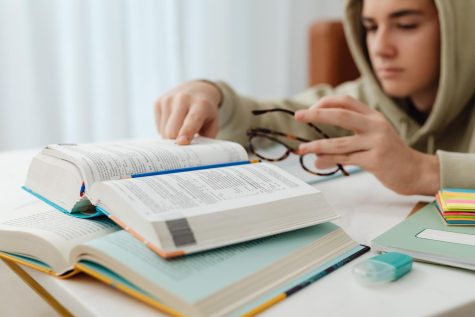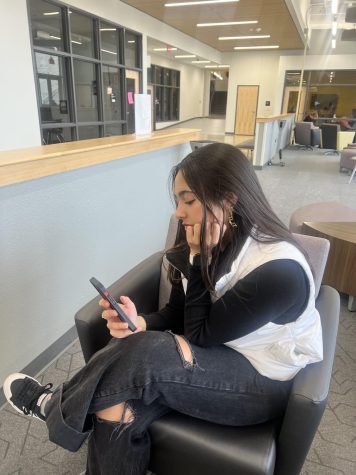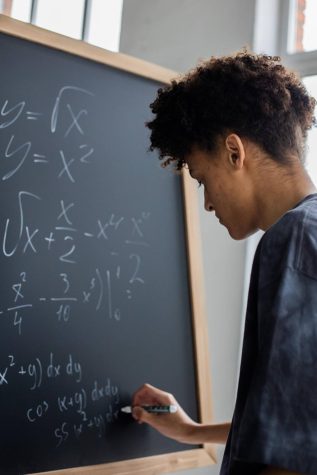Phones could help our education
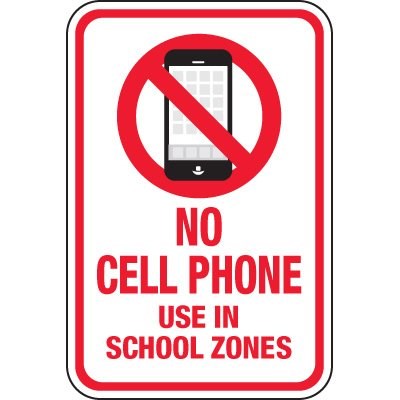
Despite their many uses and benefits, phones are strictly prohibited when class is in session. If this rule is violated, students will have their phones confiscated, parents contacted, and are forced to pay a fee to retrieve their phones after the first offense. The general dissent of this system among students leads to a bigger question: Should phone policies be more lax?
Phones have become something that we cannot live without. They cover a wide range of uses such as accessing the internet or information, communicating over long distances, and promoting creativity.
The Student Pulse Survey from Top Hat finds that 94% of students want to use their cell phones for academic purposes. The use of phones in class promotes learning by allowing students to easily access online textbooks, take pictures during a lecture or presentation, and experience a more hands-on approach by learning through simulations or polls.
Although it has been shown that phones can have a negative impact on academic performance by becoming a distraction, the potential of having another source readily available should put change into consideration. Instead of a complete removal of the phone policy, there could be some adjustments to better accommodate the opinions of both the students and staff.
Texas public schools are usually composed of a 15:1 student to teacher ratio on average, which can make it difficult to provide enough help to those who need it. During a lecture or note-taking, allowing phones to answer any questions that arise would not be counted as cheating nor be harmful to an individual’s growth and can benefit the learning environment by offering another “teacher” if the one in the room is occupied.
Cell phones could also be used in other areas within school grounds. In addition to the times before school and during lunch, passing periods can be used to check grades, emails, and contact family members or peers if needed. Because of their portability, they can easily be used for projects outside of the classroom.
Changes in the policy would give students a larger sense of freedom. This newfound liberation could always be taken advantage of, but this new approach could teach students to limit cell phone use and gives them an opportunity to make the right decisions.
As technology advances further, devices may become even more incorporated into education. What now feels illegal to touch during school hours can be recognized for its functionality and be used to improve independent learning or increase productivity. No matter how small possible modifications to the policy could be, any amount of reform is a step towards the future.

Quyen Nguyen is a sophomore (10th grader) at Pieper High School. She is involved in journalism and HOSA. Quyen enjoys the investigation and writing aspects...

